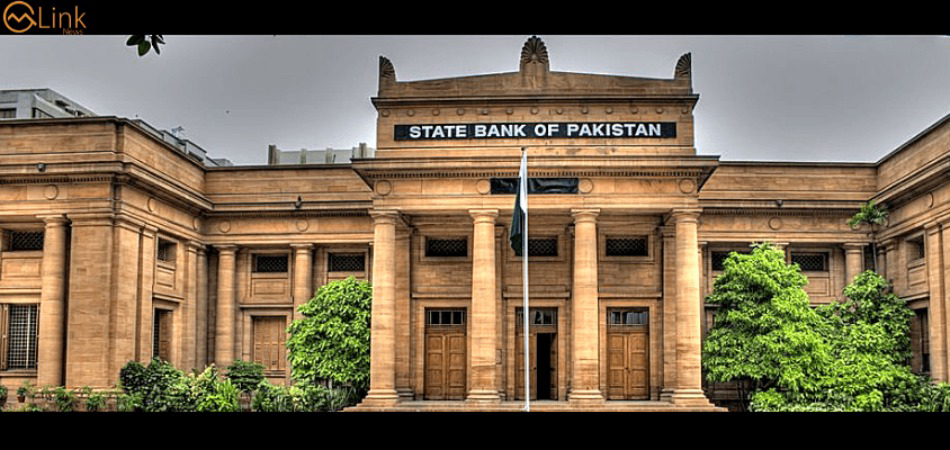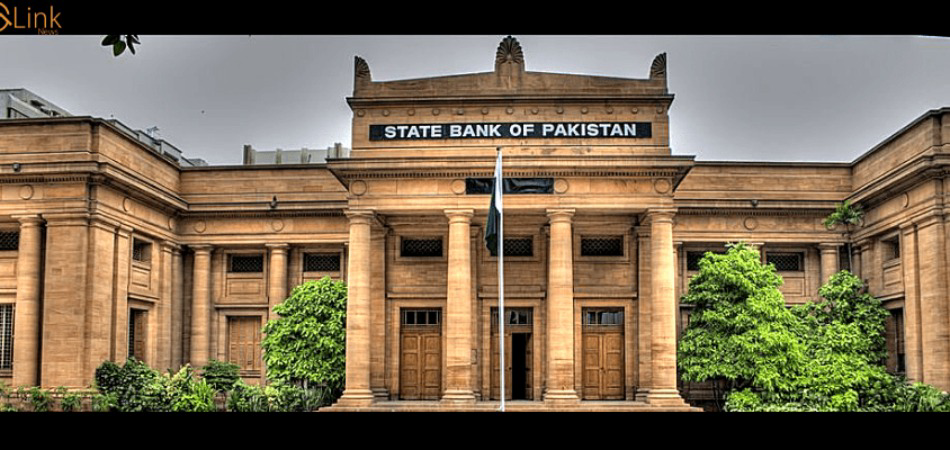Transforming Pakistan’s economy via constitutional amendment

MG News | October 31, 2024 at 03:12 PM GMT+05:00
October 31, 2024 (MLN): The government has set itself an ambitious target of eliminating riba by the start of the year 2028, through the 26th Constitutional Amendment. That target is being perceived as not at all ambitious in a transformative sense; rather it is being perceived as procedurally ambitious.
Nonetheless, given the dismal track record of handling anything ambitious on the Government’s part, we shall have to wait till the evidence of daylight.
Given that the government is the largest borrower in the economy and that its liability-based securities play a major part on the asset side of the economy, especially in the Banking Sector, it shall be imperative, as a first step, that the government converts its liability-based securities into asset-based securities.
In market parlance, this is known as the conversion of Treasury Bills and Pakistan Investment Bonds into Sukuks. However, the property rights of most of the Federal Government assets are not clean, in a readily mortgageable format.
Currently, the government securities are fiat, that is, the Government promises to redeem at maturity all outstanding bills and bonds with Pakistan Rupees i.e., the dominion currency. Being the Sovereign, there is no issue as such in extending such convertibility ab initio, especially as all debt transactions are denominated in currency anyway.
However, the issuance of Sukuks involves the mortgaging of Public Assets and well-defined income on those assets that could then be paid as profit and not riba.
There are several complications with this approach as the government does not hold many assets for generating revenue, or these assets are not remunerative in a conventional business sense.
For that matter, no government has ever operated as a business enterprise either, nor shall citizens ever demand themselves be governed by a business enterprise.
Governments are supposed to provide public services either at cost or at subsidized rates, as government spending is the 4th pillar of the so-called Factors of Production; land, labour, capital, and government spending (infrastructure, education, health, defense, policing etc.).
Government-financed services lowers the cost base of the economy, making it competitive internationally.
Similarly, required “asset backing” limits the issuance of securities to those who already have remunerative assets.
As is obvious, this puts further limits on the government that does not have significant remunerative assets at all, but interestingly is the Sovereign anyway, with its eminent domain over the entire country.
Therefore, except for further development of Islamic Finance where the government could be defined especially and uniquely to overcome such hurdles, it is fairly unlikely that all existing bills and bonds could be converted into Sukuks under their existing fabricated structure.
Moreover, the question of deficit financing shall have to be addressed as well i.e., at that future point in time where there are no more assets to be mortgaged, but where services are to be provided and salaries have to be paid.
The second issue is regarding the conversion of all businesses, including industrial and manufacturing, finance and leasing, and services to convert themselves into riba-free mode.
With the existing limitations of issuance of Sukuks or asset-backed lending, it is more likely than not that the role of Equity has to be enhanced i.e., leverage that cannot be backed by existing assets has to be removed from the entire economy’s base.
In other words, this transformation shall entail that the Banking Sector is not allowed to lend beyond the remunerative corporate asset base at profit rates dictated by the remuneration rate; necessitating equity ownership.
This of course shall be something new, and superiorly Shariah Compliant, but requires extensive research and development on SBP’s part. On the corporate side, the Securities and Exchange Commission has to do its part in developing modes of further equity instruments.
Finally, assuming that the whole transformative project is complete, SBP shall stand rid of most of its policy tools. For instance, what shall be the logic of setting a single higher economy-wide Profit Rate (Policy Rate) when there is a recession (falling profits), or a lower Profit Rate when there is a boom (rising profits)? How and why shall an OMO take place? Why shall the banking companies be allowed any leverage?
And let us not forget the fiat currency itself; if the Government is not allowed to borrow without an asset base, how can it issue a currency which is itself backed by more paper.
A Shariah-based economy has to be transformative; not just preventing manifest or convolutive riba, but engendering and promoting equity-based enterprise.
On the other hand, the government must not be seen as any other enterprise, its function is to enable the State and to provide services whose benefits may not be obvious through conventional accounting modes.
Copyright Mettis Link News
Related News
| Name | Price/Vol | %Chg/NChg |
|---|---|---|
| KSE100 | 134,299.77 290.06M |
0.39% 517.42 |
| ALLSHR | 84,018.16 764.12M |
0.48% 402.35 |
| KSE30 | 40,814.29 132.59M |
0.33% 132.52 |
| KMI30 | 192,589.16 116.24M |
0.49% 948.28 |
| KMIALLSHR | 56,072.25 387.69M |
0.32% 180.74 |
| BKTi | 36,971.75 19.46M |
-0.05% -16.94 |
| OGTi | 28,240.28 6.19M |
0.21% 58.78 |
| Symbol | Bid/Ask | High/Low |
|---|
| Name | Last | High/Low | Chg/%Chg |
|---|---|---|---|
| BITCOIN FUTURES | 118,140.00 | 119,450.00 115,635.00 |
4270.00 3.75% |
| BRENT CRUDE | 70.63 | 70.71 68.55 |
1.99 2.90% |
| RICHARDS BAY COAL MONTHLY | 97.50 | 0.00 0.00 |
1.10 1.14% |
| ROTTERDAM COAL MONTHLY | 108.75 | 108.75 108.75 |
0.40 0.37% |
| USD RBD PALM OLEIN | 998.50 | 998.50 998.50 |
0.00 0.00% |
| CRUDE OIL - WTI | 68.75 | 68.77 66.50 |
2.18 3.27% |
| SUGAR #11 WORLD | 16.56 | 16.60 16.20 |
0.30 1.85% |
Chart of the Day
Latest News
Top 5 things to watch in this week
Pakistan Stock Movers
| Name | Last | Chg/%Chg |
|---|
| Name | Last | Chg/%Chg |
|---|




 MTB Auction
MTB Auction